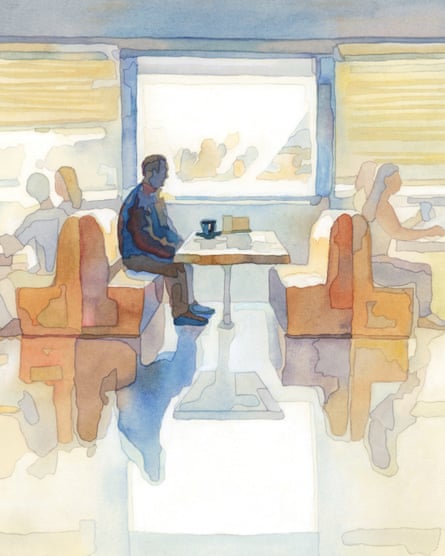
As a therapist, Jeremy Mohler spends his days guiding middle-aged men through feelings of loneliness. He encourages them to seek connections, yet the 39-year-old is the first to admit it: when you’re a guy, making real friends in midlife is difficult. “It feels like an uphill battle,” says Mohler, who lives in Baltimore.
Some call it a friendship recession: a time in midlife when close male friendships sink to their lowest. According to data from the Survey Center on American Life, 15% of US men said they do not have close friends in 2021, compared with 3% in 1990. Those reporting 10 or more close friends decreased from 33% to 13% during the same period.
Authentic or close friendship may mean different things to different people. One straightforward description is finding “someone who sees you as you see yourself, and you see them as they see themselves”, says Niobe Way, a developmental psychology professor at New York University. Jeffrey Hall, a professor of communication studies at the University of Kansas who studies friendships and has previously found it can take 200 hours to make a close friend, says: “A true friend will support and stand by you no matter what, will stand up for you, and tells you the truth.”
The reasons for the friendship recession are complex, says Hall. Straight men Mohler’s age often depend on their partners for socializing. Some dive deep into parenthood. College buddies disperse. Work priorities take over. And moving to a new city or country can dissolve formerly strong bonds. Ultimately, it can feel too hard to invest time in new and deeper friendships.
Despite loneliness due to estrangement from relatives or different family structures, “many gay men find and build community around an embrace of shared spaces,” says Matt Lundquist, a therapist in New York, which he finds is less common for heterosexual men. “This sort of intentional taking on a project of searching for new, deeper friendships is more a heterosexual project. It is a demographic that is very isolated.”
“My clients are looking for more connections,” Mohler says. “I have ideas and skills and solutions, but I’m still personally searching for practical ways to do that.”
He is not the only one feeling the itch to turn a workout buddy into someone he can call on a Saturday afternoon. US men aged 15 to 35 are among the loneliest in wealthy countries, with 25% reporting feeling lonely for a lot of the previous day, according to a 2025 Gallup poll. Marketing professor and popular podcast host Scott Galloway recently touted the benefits of authentic connections for men amid what he called a “perfect storm of loneliness”.
“Men have it drilled into us from an early age that vulnerability and emotional connections are signs of weakness,” Galloway wrote. “They aren’t, and men with influence have an obligation to cleanse this bullshit version of masculinity from the zeitgeist.”
The men I interviewed say they don’t want to be just a stat in the much-touted loneliness epidemic, which is also increasingly being tied to poorer physical and mental health outcomes. Still, it’s difficult to avoid in practice.
“There’s a certain cultural understanding that men don’t know how to enact intimacy or that it’s simply not practiced very much,” says Hall. “And even men’s popular culture doesn’t show you how to go about the process.”
Some are figuring it out. Jedidiah Jenkins, 42, an author living in Los Angeles, says he’s had to relearn about the importance of maintaining close bonds with other men. As a teenager, he had plenty of friends; making them seemed effortless. “You didn’t have to work for it,” Jenkins says. “We have to learn in the same way that we actively download dating apps and pursue a relationship that we have to pursue friendships.”
For the last few years, Jenkins has organized a weekly hangout at his house. Anywhere from three to 20 friends show up for what he calls “riff raff Thursdays”, including a handful of regulars. He starts a bonfire and serves hot tea, mezcal and peanut butter pretzels. The consistency means that his friends know what they are doing that week, and takes away the pressure of scheduling one-on-one meetups.
“It doesn’t require the full energy of finding time for a weekly coffee date,” he says.
How male friendships fall by the wayside
Prior to the second world war, same-sex male friendships were a large part of public life, and women’s friendships were seen as frivolous and less important, Hall explains. But these roles have since reversed. Today, most heterosexual men feel they are marrying someone who becomes the default events planner, and their genuine close friendships fall away, Hall says. “They rely on their wives to develop the social calendar – they think: ‘She’ll do it and I don’t have to do it’,” he says. “There’s atrophy in their skillset.”
Way, the developmental psychology professor, says girls and boys start out on the same trajectory of prioritizing friendships. But boys feel pressure to give up their same-sex friendships because it feels “girly or gay”. Rates of male suicide also tick up around adolescence. “It’s not that they naturally don’t want these friendships. They had them when they were younger,” she says. “It’s not some weird biological thing.”
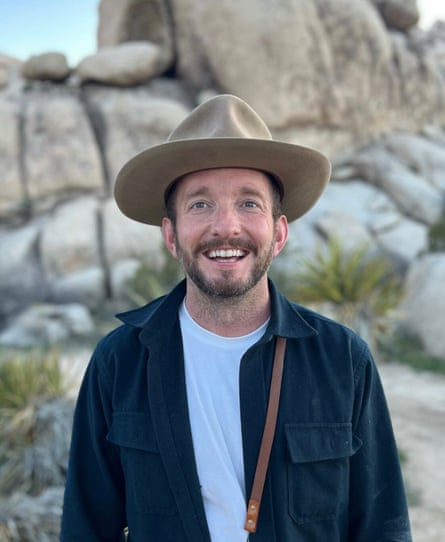
Way, who receives emails from hundreds of men each year about her research, says more of them feel like it’s possible to secure closer friendships after the pandemic because the topic is receiving more attention. “They are now recognizing what the problems are,” she says. “They’ve hit the bottom of the barrel.”
At the same time, her research points to a culture that doesn’t value friendships. Since the 1980s, she says, the United States’s focus on self-fulfillment has reduced the importance of friendships for everyone. Digital life distracts us too much or provides a simulacrum of closeness; even listening to podcasts can bring a faux feeling of intimacy. “We focus more on the self, and the tech just exacerbates it,” she says.
Bringing men together
In Hebden Bridge, England, former professional rugby player Craig White has started hosting nature retreats for men to encourage deeper connections. White, now a mentor and coach, runs a “mid-life intensive” program that offers online meetings along with a three-day in-person meet-up. White’s retreats involve hiking, spending nights around a fire, discussing feelings openly and bonding outside of day-to-day pressures.
When it came to his father, “healthy male friendship wasn’t modeled and the friendship groups involved alcohol,” he says. “A lot of my clients are brilliant men, but a lot of their old friends are still doing the same thing and there’s a reluctance to go back to that.”
Draymond Washington, an entrepreneur and former financial adviser, founded a private club in Chicago called Three Cities Social earlier this year, and says connecting midlife professionals is the goal. But after months of hosting events, he realized that while the club’s membership is roughly 40% male, event attendance was typically 80% women, he says.
Men aren’t always willing to come to the club to socialize. So he has started hosting events aimed specifically at men in their 30s and 40s: boxing classes, pickleball and boat rides. “Guys like to do stuff,” Washington says. “Someone needs to curate and then they do want to show up.” He’s been able to engage more men this way, but it’s been more difficult than he expected.
Hall says men must work against decades of complacency to build friendships powerful enough to dispel loneliness. His prior research shows that men tend to have low expectations for their friendships in general, and often say that even those low expectations aren’t being met. (Women, on the other hand, have expectations that are too high.) Such low-stakes relationships tend to leave them feeling even more alone when compared to deeper friendships, he adds.
Kevin Cleaver, 40, who relocated from New York to Highland Park, Illinois, says he decided to focus on making connections after Covid-era isolation. In New York, Cleaver felt increasingly alone, and he wasn’t willing to go through that again in a new city. “That mindset helped me take the bull by the horns to meet others here,” he says.
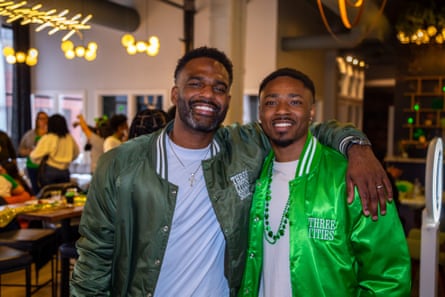
The transition from casual to deeper friendship can take time, and it’s not always apparent who is eager to make the leap, says Cleaver. He started at the gym, saying hello to people he saw after workouts. One is now a genuine friend; they bumped into each other at the grocery store and were both buying steak, which they took as a sign to socialize outside the gym.
“The more we ran into each other, the more we’d chat, but it was only after we found out that we had an interesting overlap in life and relationships that we became closer,” he adds. They’ve since bonded over similar romantic predicaments and regularly meet to chat over beer.
The role of significant others
Some men – especially those in heterosexual relationships who have children – have mixed feelings about how their partners affect friendship, feeling their lack of support makes it difficult to pursue even platonic relationships outside of marriage.
Jenkins, the author from LA, says that based on his and friends’ experiences, significant others are not always supportive. Some assume men hanging out together can lead to inappropriate behavior, reinforcing a cultural narrative that “when men are spending time with other men, they are probably doing devious activities, going to strip clubs or having sex with somebody else or getting trashed,” he says.
Recently, though, he has witnessed some of the women in his friend groups let go of their protectiveness and encourage these friendships, he adds.
But Mohler, the therapist, says he emulates how his partner, a woman, handles her own friendships. For example, he checks in with friends after a fun evening or makes sure to schedule future plans when he’s hanging out with someone. “I say: ‘I had a really great time; we should do this again – let’s keep the ball rolling,’” he says.
Additionally, he has let go of surface-level friendships, prioritizing those that have the potential to deepen. “I have a little bit of sadness and grief for male friendships that don’t go beyond the surface,” he says. “I want to hear what they are struggling with, and I want them to help me.”
The path forward
Hall, the professor, says that many men still consider friendships to be a women’s issue. And despite the idea of social health becoming more mainstream, he’s unsure whether many men are aware of or influenced by these ideas, such as loneliness affecting physical health.
He has yet to see evidence that there’s a persistent trend of men seeking out meaningful friendship. “It could be just a flash in the pan,” he says.
Could younger men offer a bright spot? Some research on undergraduate males from 2017 showed they want more intimate bonds and are comfortable with “bromances”, which they say rival or exceed romantic relationships.
Jaquis Covington, 29, is a member of Three Cities Social; he grew up in a large family and says he witnessed his own parents turn only to other family members for support. Seeing his parents feel alone at times has motivated him to do things differently. Outside of his work in commercial real estate, he spends time playing video games or golfing with friends he met through the club.
“My parents’ best friends were probably their kids. I need to invest in friendships outside of what I’m accustomed to,” he says. “I think about who is going to be at my wedding.”

 12 hours ago
4
12 hours ago
4


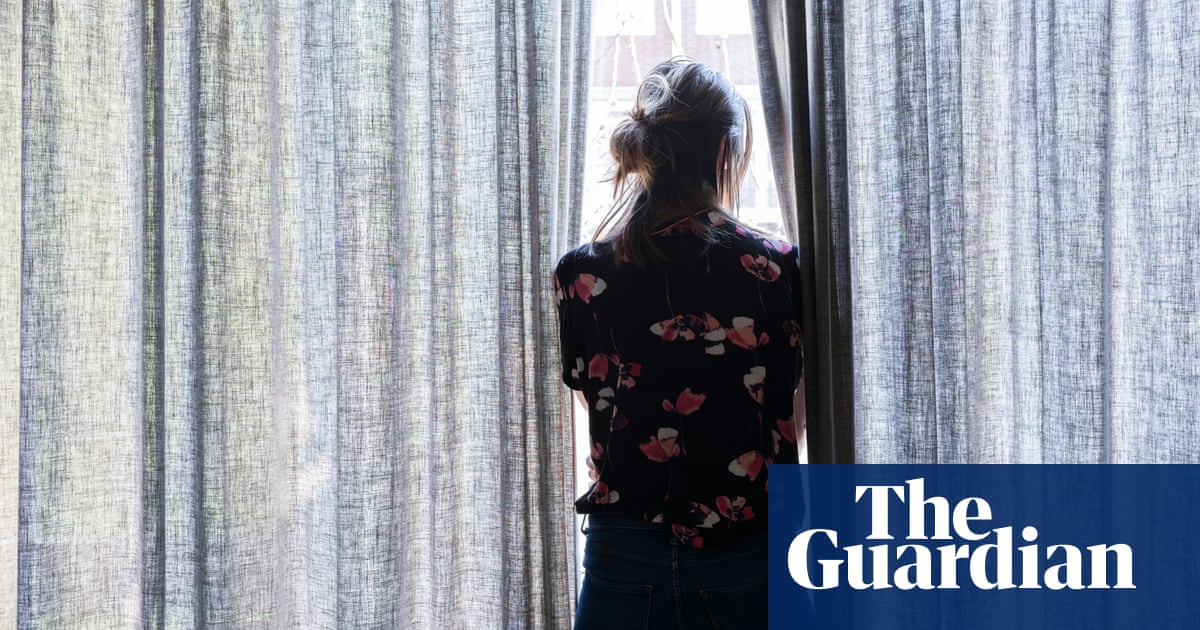




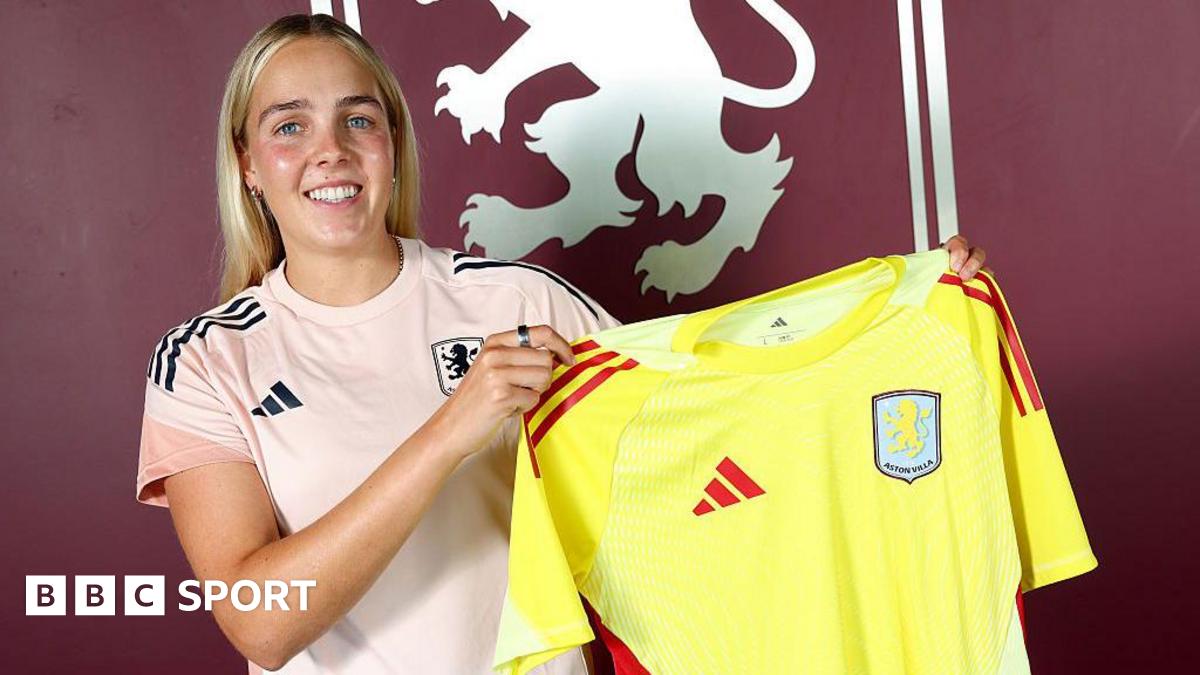
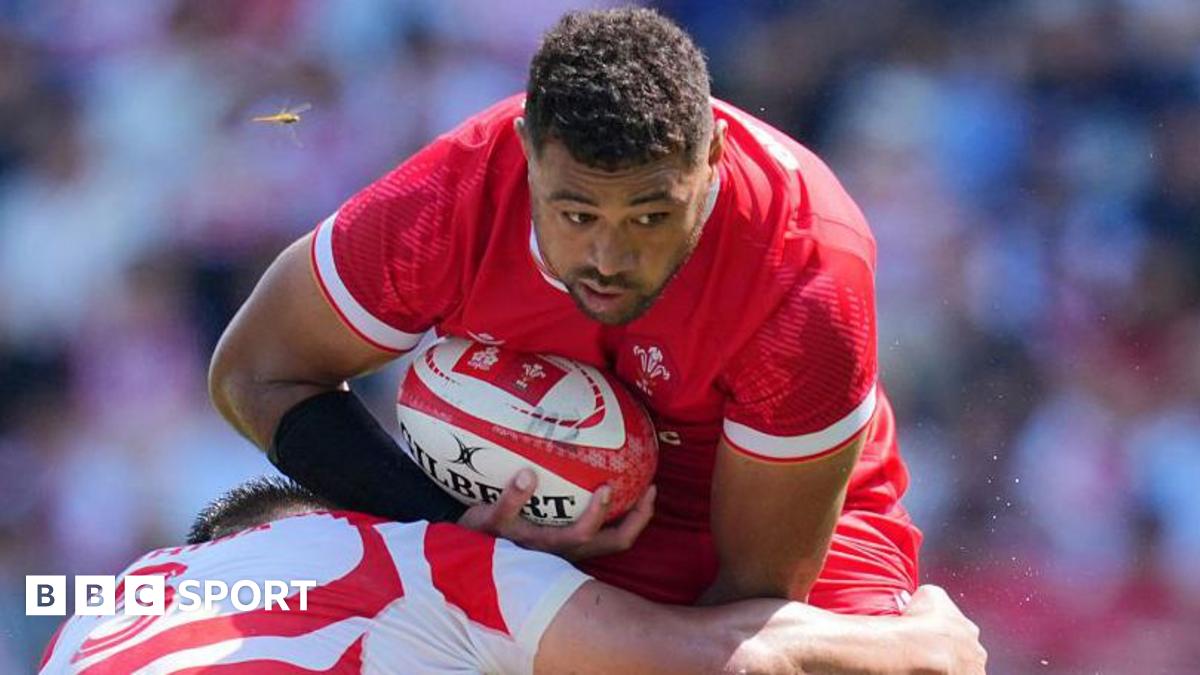

 English (US)
English (US)